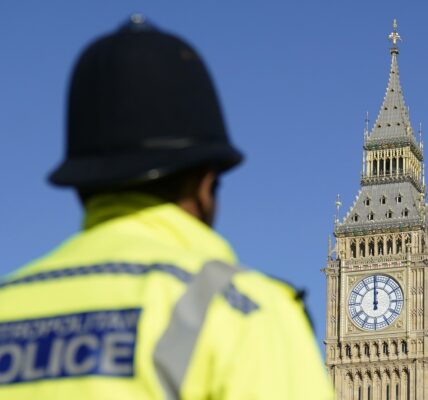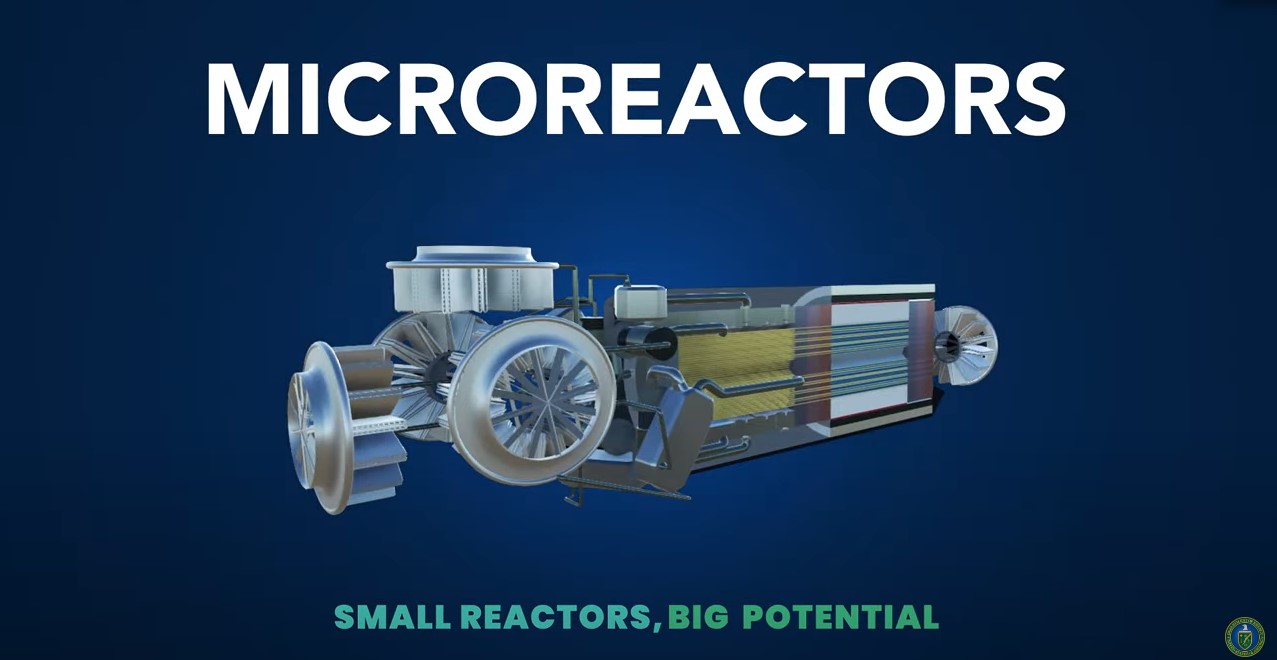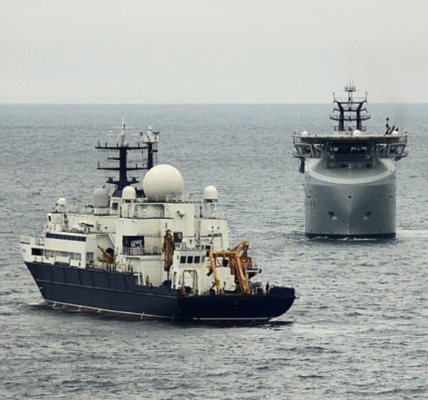
The British government has announced plans to make it easier to build mini nuclear power stations in England and Wales as part of its efforts to boost UK economic growth.
Labour said “archaic” planning rules, which ministers believe have held Britain back in the global race for clean, secure, and affordable energy, will be reformed.
Prime Minister Sir Keir Starmer said the country had been “let down and left behind” because it had not built a nuclear power station in “decades”—and that the plans would create thousands of highly skilled jobs.
Unions and business groups welcomed the move, but environmentalists criticised the government, saying it had “swallowed nuclear industry spin whole”.

Nuclear power provides around 15 per cent of the UK’s electricity, but many of the country’s ageing reactors are due to be decommissioned over the next decade.
Mini nuclear power stations—or small modular reactors (SMRs)—are smaller and cheaper than traditional nuclear power plants and produce much less power.
The plans announced on Thursday will mark the first time SMRs are included in planning rules. A list of the only places where a nuclear reactor could be built will also be scrapped. The list previously comprised just eight sites.
Sir Keir said Britain’s energy security had been “held hostage” by Russian President Vladimir Putin for “too long”, resulting in prices “skyrocketing at his whims”.
“I’m putting an end to it—changing the rules to back the builders of this nation and saying no to the blockers who have strangled our chances of cheaper energy, growth, and jobs for far too long,” he explained.
The process of loosening rules on where nuclear reactors could be built began under Rishi Sunak’s Conservative government with a consultation in January 2024.
Ministers said Britain is considered one of the world’s most expensive countries in which to build nuclear power, and a new Nuclear Regulatory Taskforce will be established to speed up the approval of new reactor designs and streamline how developers engage with regulators.
The head of the Nuclear Industry Association, Tom Greatrex, called the reforms the “strongest signal yet” towards growth and clean power.

Gary Smith, GMB’s general secretary, said the union has repeatedly stated that “there can be no net zero without new nuclear”.
Referring to Sizewell C, the site on the Suffolk coast where then Prime Minister Boris Johnson pledged a new nuclear reactor in 2022, he added that the area “stands ready and waiting for the green light to power up our country’s future”.
The government has not yet made a final decision on Sizewell C, which is not due until the spending review later this year. The final choice on the design of the SMRs will also be made at the same time.
Currently, progress in building nuclear power stations in the UK can be slow—moving from planning to “power on” can take nearly 20 years. Consultations for Sizewell alone took 10 years.
Joint Managing Director of Sizewell C, Julia Pyke, called the project “the next step” in the journey towards growth and energy security.






























































































































































































































































































